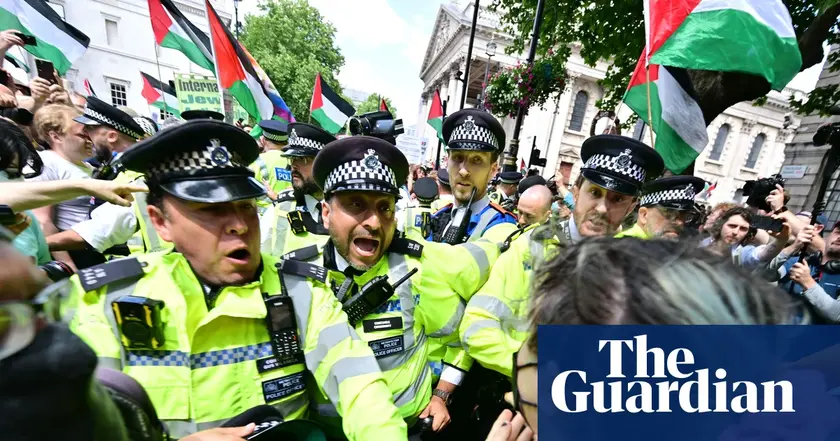T4K3.news
London arrests 466 protesters after Palestine Action ban
Police arrested 466 people in central London during protests against the proscription of Palestine Action under anti terrorist laws.
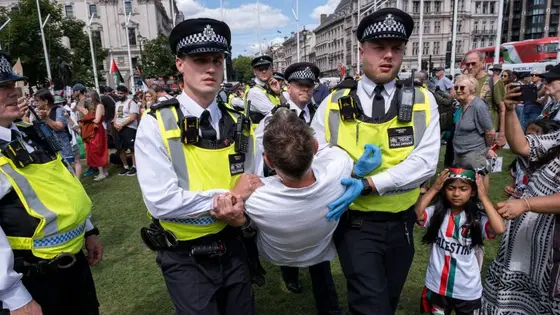
Police in central London arrested hundreds of people during demonstrations against the government ban on the Palestine Action group under anti-terror laws.
London arrests 466 protesters after Palestine Action ban
Police in central London arrested 466 people on Saturday as crowds gathered near Parliament Square to protest the government excluding Palestine Action under anti-terror laws. Eight additional arrests were made for offences including assaults on officers, though officials said no one was seriously injured. The ban makes it illegal to be a member of or invite support for Palestine Action and aligns the group with terrorist organisations in law.
Palestine Action campaigns against weapons makers tied to the Israel government and says its aim is to disrupt those operations. The decision to proscribe followed incidents in June when activists breached Britain's largest air base and damaged aircraft. Home Secretary Yvette Cooper defended the move while activists vowed to challenge it in court. Amnesty International UK urged authorities to respect the rights to freedom of expression and assembly, while observers noted the scale of the protests and the policing response. A judicial review of the ban is already underway, signaling an ongoing clash over how protests are regulated in the name of security.
Key Takeaways
"what a farce"
An elderly protester told CNN
"The right to protest is one we protect fiercely but this is very different from displaying support for this one specific and narrow proscribed organisation"
Home Secretary Yvette Cooper after the ban
"Violations of the UK's international obligations to protect the rights of freedom of expression and assembly"
Amnesty International UK statement
"dealing with the very small number of people whose actions crossed the line into criminality"
Police response quoted in coverage
The case places civil liberties on display as new security measures test constitutional rights. Proscription of a political group raises questions about how far the state may intervene before limiting dissent. Critics warn that a heavy police presence and criminal penalties for supporting a protest group could chill peaceful expression and assembly. Supporters argue the ban is a necessary step to curb violence and deter beyond-the-line behavior. The legal challenge ahead will reveal how courts weigh national security aims against the traditional right to protest.
Highlights
- Rights protect the space between state and citizen
- Freedom to assemble should not become a crime for speaking up
- A ban on a protest group tests due process and trust
- The streets speak when laws silence them
Political sensitivity risk
The arrests and the ban touch on civil liberties and public reaction to security measures in a politically charged issue, risking backlash and debate about rights.
Britain faces a test of how to balance security with civil liberties in public demonstrations.
Enjoyed this? Let your friends know!
Related News
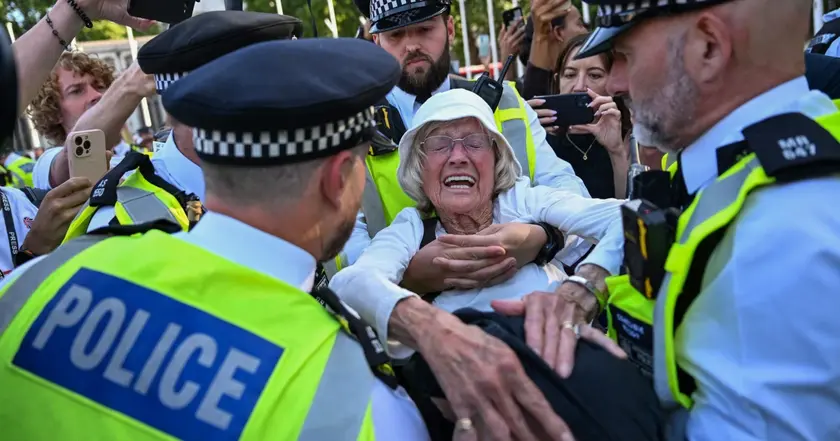
London arrests 474 protesters over new Palestine Action ban
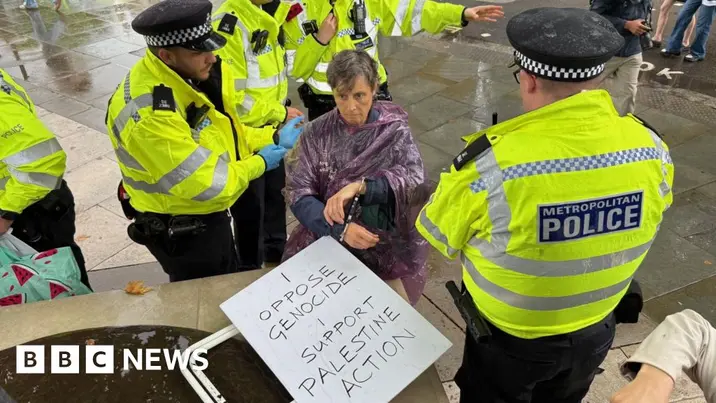
Dozens arrested at pro-Palestine protests in the UK
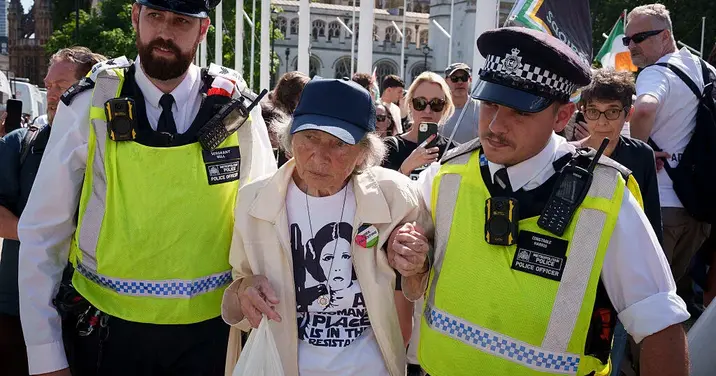
London arrests rise after Palestine Action ban
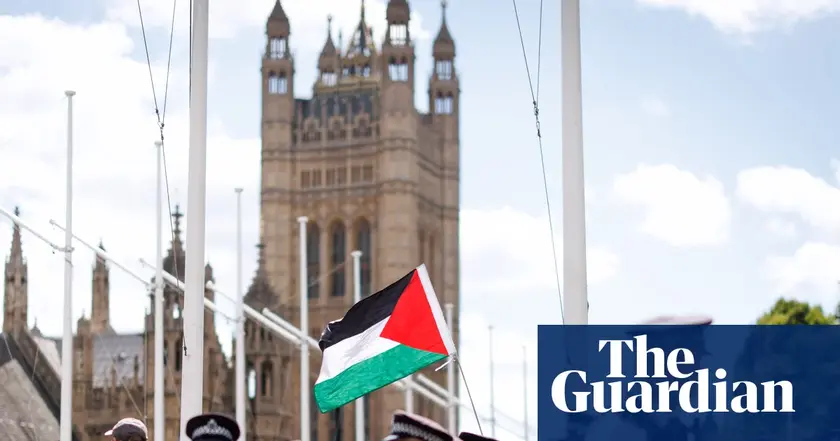
London protests after Palestine Action ban
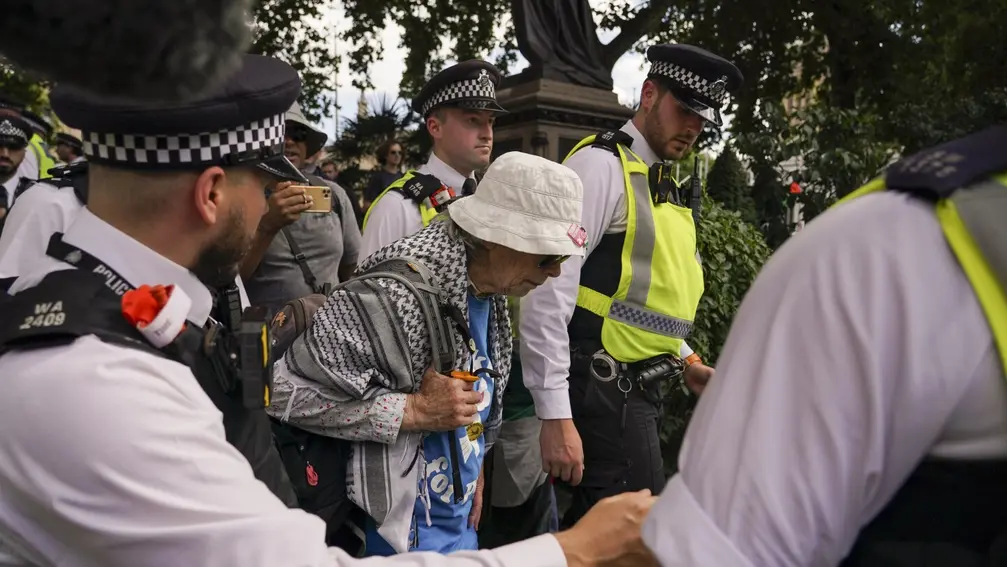
Protests test Britain's balance after ban
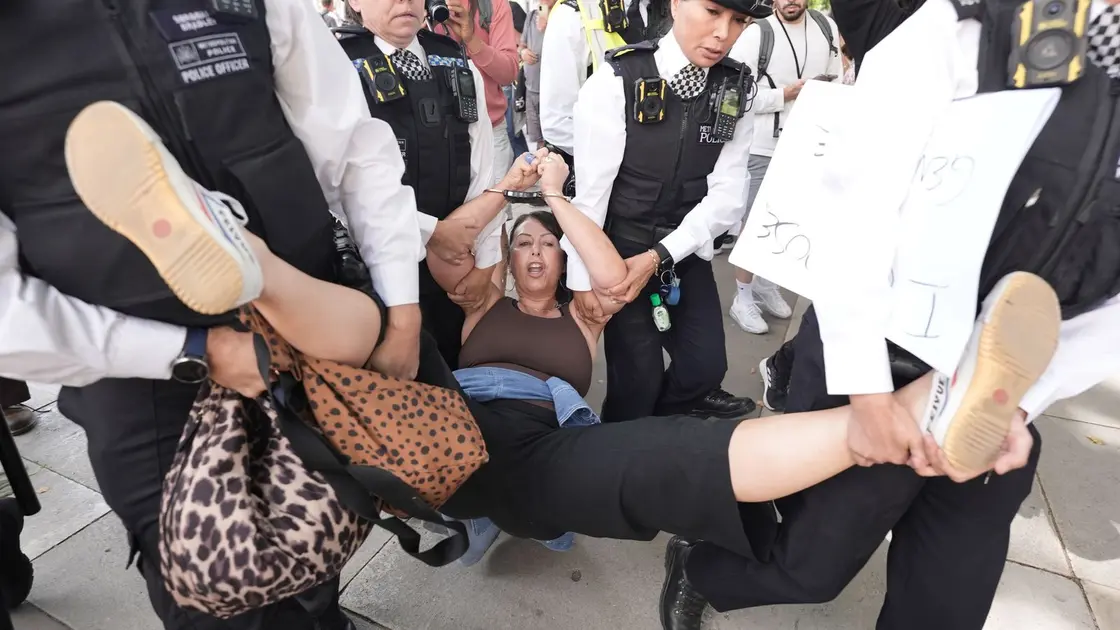
Arrests at London Palestine Action Protest After Proscription
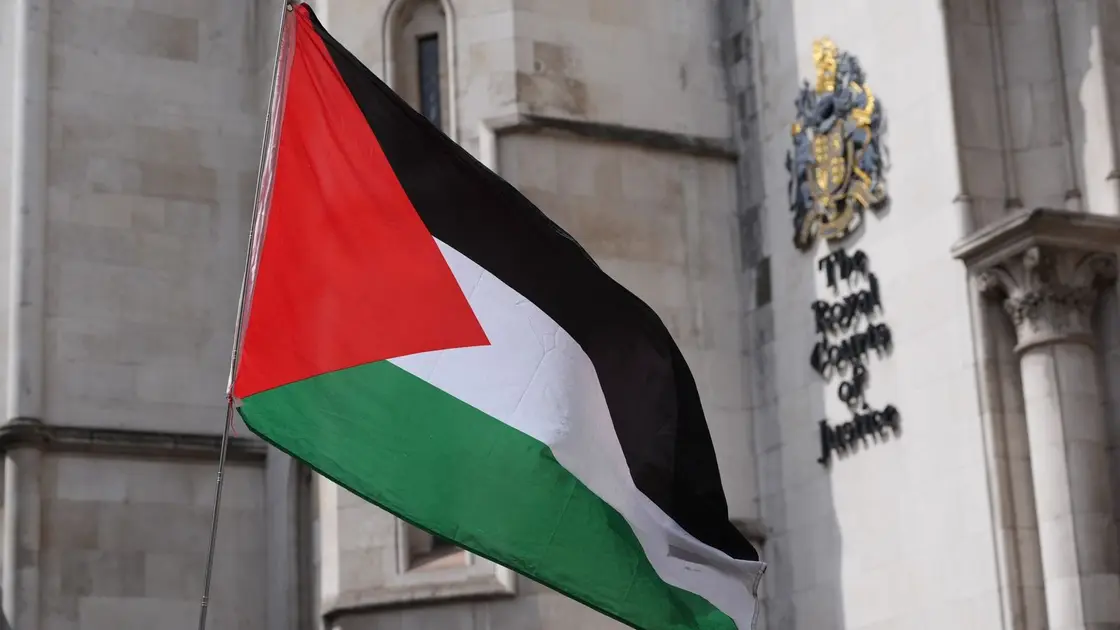
Three charged with supporting Palestine Action
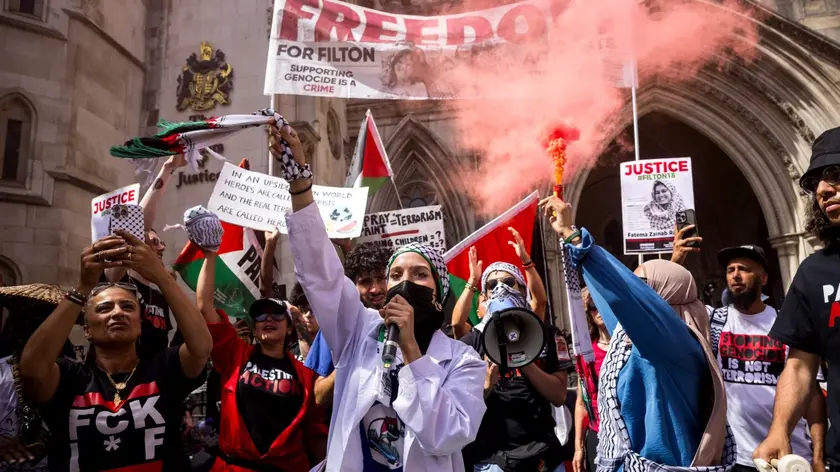
UK government bans Palestine Action amid rising support
